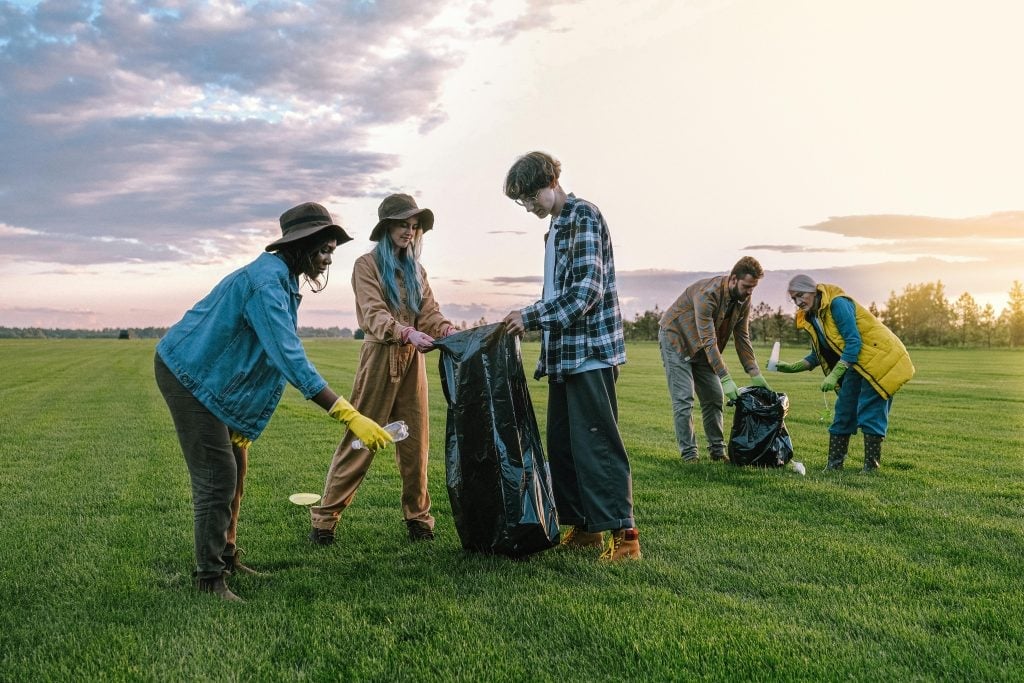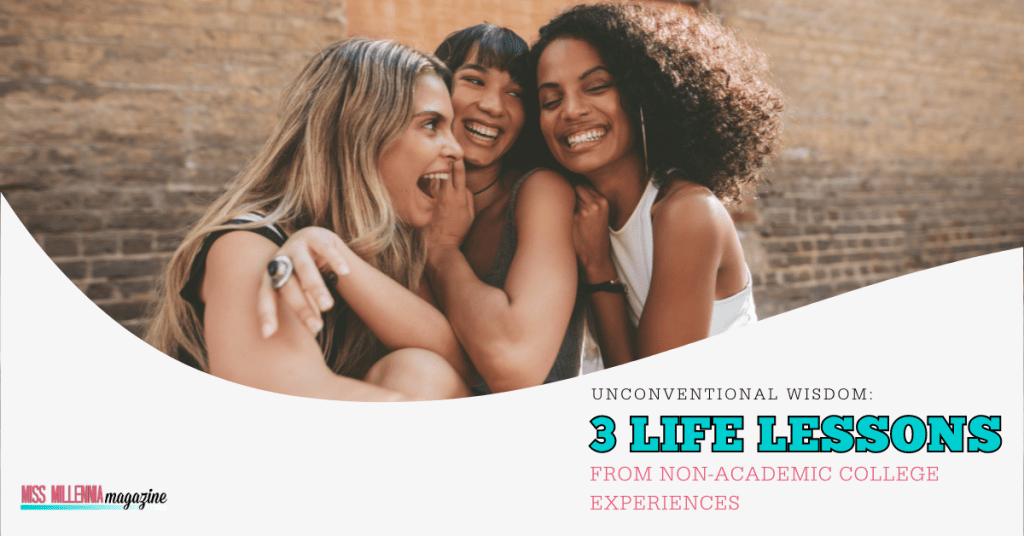Unconventional Wisdom: 3 Life Lessons from Non-Academic College Experiences
College life is a rich tapestry of experiences, stretching far beyond the confines of lecture halls and textbooks. This period is marked by personal development, self-exploration, and broadened learning horizons. While academics play a pivotal role in shaping one’s intellectual capabilities, the lessons learned outside the classroom are equally transformative, often providing the wisdom needed for life’s varied challenges.
The quest for academic excellence often brings intense pressure in the educational realm. Students usually feel the urge to pay for essays, seeking shortcuts to manage their assignments and homework from EssayService.com. However, this approach overlooks the profound, non-academic learning experiences that college offers, which are crucial for personal development and real-world success.
Real-World Skills from Campus Life
Networking and Social Skills
The college provides an unparalleled environment to build networks supporting career and personal growth long after graduation. Students learn the art of networking through interactions in student organizations, sports teams, and social events. These experiences teach the value of building relationships, effective communication, and social etiquette, skills that are indispensable in the professional world. Engaging in various campus activities enhances interpersonal skills, crucial for building lasting professional relationships and understanding diverse workplace dynamics.

Time Management and Responsibility
Balancing coursework, part-time jobs, and extracurricular activities requires meticulous time management and self-discipline. Students learn to prioritize tasks, set realistic goals, and adhere to schedules, all critical skills for managing post-college life and career demands. Mastering these skills in college creates a strong foundation for future success, enabling individuals to manage work-life balance effectively and meet professional obligations efficiently.
Adaptability and Problem-Solving
The college experience is replete with unforeseen challenges and transitions. Whether navigating group projects, adjusting to living away from home, or managing financial constraints, students learn to adapt and find solutions. This resilience and problem-solving ability are crucial to overcoming obstacles in both personal and professional spheres. Experiencing such challenges during college equips students with the agility to confidently and competently handle future uncertainties in their careers and personal lives.
Learning from Diverse Experiences
Cultural Exposure and Empathy
University environments serve as cultural crucibles where students engage with diverse cohorts, enriching their worldview, cultivating understanding, and equipping them for success in an interconnected global society. Engaging with a diverse student body also encourages open-mindedness and respect for different viewpoints, which is essential in today’s interconnected and multicultural professional environments.
Leadership and Teamwork
Through involvement in student government, clubs, and teams, students have opportunities to take on leadership roles. These experiences teach vital leadership skills such as decision-making, conflict resolution, and collaboration, which are crucial for career advancement. Taking the lead in campus initiatives helps students develop a sense of responsibility and accountability, enhancing their capability to manage teams and projects effectively in their future careers.
Practical Life Skills
Many students learn practical life skills, from budgeting and cooking to laundry and time management, when living independently for the first time. These skills lay the foundation for adult life, ensuring students can live independently and responsibly. Mastering these everyday tasks also promotes self-sufficiency, reduces reliance on others, and prepares students for the realities of adulting, enhancing their ability to navigate life after college.
Beyond Academics: Expanding Horizons
Volunteering and Community Service
Community service and volunteer work allow students to contribute to society while gaining empathy, humility, and a sense of civic responsibility. These experiences can also guide career choices and personal fulfillment. Such activities often lead to a deeper understanding of societal issues, enhancing students’ ability to empathize with different community members and fostering a lifelong commitment to giving back.

Creative Outlets and Self-Expression
Participating in creative endeavors like art, music, theater, and film festivals provides a valuable outlet for self-expression and creativity. Engaging in these pursuits can mitigate stress, improve mental well-being, and contribute to developing a balanced character. Exploring creative pursuits in college also helps students discover new talents and passions, potentially significantly influencing their career paths and personal development.
Internships and Work Experience
Hands-on experience through internships and part-time work allows students to bridge theory with practice in professional environments. These opportunities offer insights into potential career paths and develop critical professional skills for employment success. Gaining hands-on experience through these roles bolsters resumes and gives students a competitive edge in the job market, bridging the gap between academic theories and practical application.
Conclusion
The journey through college is as much about personal growth and learning from non-academic experiences as it is about academic achievement. It’s a transformative period where students develop holistically. Embracing the full spectrum of college life, with its challenges and opportunities, prepares students for the complexities of the real world. This comprehensive education extends beyond traditional learning, offering practical life lessons. Often learned outside the classroom, these lessons are invaluable, equipping students with the skills, wisdom, and resilience to navigate life’s diverse pathways successfully and confidently.









